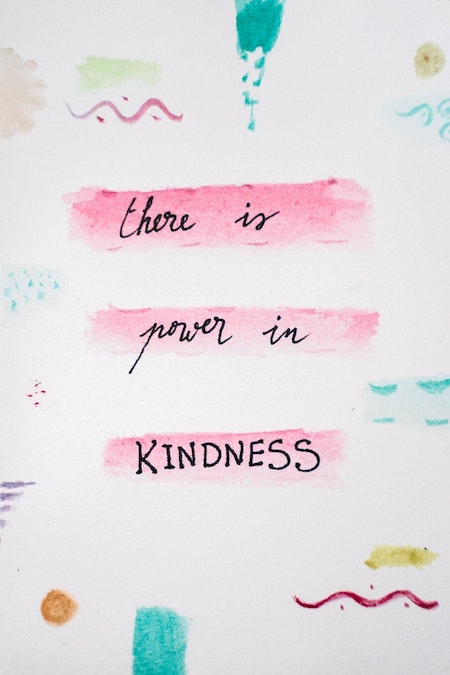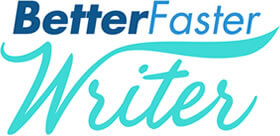How you say something is as important as what you say, so learn to cut the clutter but keep the kindness when writing at work.
Writing clearly at work is not simply a matter of stripping your message down to the bare bones. It’s learning to identify the clutter that gets in the way of communication. We must remember that a human being is on the receiving end. And therefore we must write with respect and consideration…which means removing the bullshit or clutter. But if you strip away too much, you go too far. You’ve removed the bullshit as well as the humanity.
I’ve been pondering this balance as I work on my new class Cut the Clutter. The class will give plenty of advice for self-editing to cut the clutter from writing. But it has occurred to me that one can take that too far.
To make my point, I share four real-life examples of bare bones writing that went too far:
- One: I’ve seen emails from managers that are stripped down to the bare basics and get straight to the point and therefore communicate clearly. Yet these emails are off-putting because they come across as rude and arrogant.
- Two: As a copywriter, I’ve had to make sense of content provided by techies or engineers that lacked context to help me understand the information. How did I feel when I had to ask for more information? Stupid.
- Three: I’ve sat through webinars that were dry and boring enough to cure insomnia. It was obvious to the attendees that they didn’t matter; that it wasn’t worth the presenter’s time to present more than the bare basics or make any effort to engage the audience.
- Four: I once had a bookkeeper who saved me much time and grief as I was growing my copywriting business. She was thorough and organized, and made my accountant happy. I had only one complaint: She came across as rude when emailing invoices to clients. She wasn’t a rude person, quite the opposite. She was one of the kindest people you’ll meet. But her emails were so stripped down to the bare essentials that they came across as rude. And since these emails were delivering invoices asking for money, it seemed to me they should be humanized.
 In all four of these examples, one could argue that the writers were direct and wrote without clutter. But they went too far. We aren’t writing to communicate with machines. We’re writing at work to communicate with other humans.
In all four of these examples, one could argue that the writers were direct and wrote without clutter. But they went too far. We aren’t writing to communicate with machines. We’re writing at work to communicate with other humans.
We need to keep that in mind.
This is not to say you should write wordy, the more words the better. That’s not the answer because that leads to bullshit, confusion and wasted time. Wordy writing has clutter that gets in the way of communication.
Besides, the two main reasons we write wordy don’t reflect well on us:
- One, we’re rushing. We are dashing off emails and documents without re-reading or revising them.
- Two, we’re padding. We are padding our writing with extra words to sound more important or to protect ourselves.
So, no, being a wordy writer is not what I mean when I say keep the humanity.
The answer is not to strip down our writing to its bare bones either, as if we lived in the fictional world of George Orwell’s Nineteen Eighty-Four and its newspeak.
No, the answer lies in finding the balance between too many words and too few.
Think about some of the reasons why we write when writing at work, the purpose behind the writing. We are writing to:
- Convey factual information
- Persuade
- Build a relationship or trust with colleagues, vendors or stakeholders
- Collaborate with a team
- Communicate externally via blog posts, etc.
- Engage potential buyers
- Teach
In all these examples, we have another person on the other end and our writing will be more effective if we keep that in mind. As writers for and at work, we must find the balance between cutting the clutter and keeping the kindness…and we can.
How?
- Be reader-centric: Take time to be clear. Understand both your goal as a writer and their need as the recipient. Write something you’d want to read.
- Learn to recognize when your writing is indirect, passive or unclear. Then choose to write directly and clearly…and with confidence. But keep the kindness.
Because there is power in kindness, even when writing at work.
Are you ready to do more? Then you might also like:
- Tips for putting the reader first
- More advice for serving your reader
- Why we struggle to get clear writing right
Photo by Kevin Malik: https://www.pexels.com/photo/white-surface-with-text-9016969/
Photo by Anna Tarazevich: https://www.pexels.com/photo/text-6268695/

